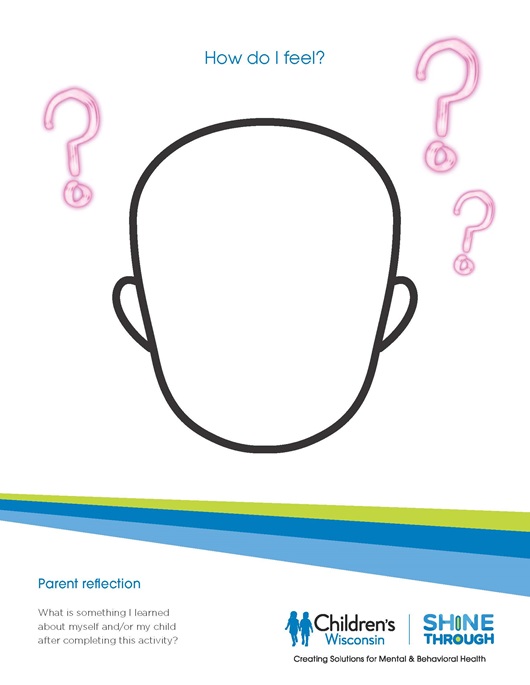Supporting the mental & behavioral health of children age 0 to 5
Talking to young children about emotions teaches them that having emotions — whether happy or sad — is a good thing. But how can parents start the conversation? What behaviors are normal? Watch the following videos to get tips and advice on how you can support the mental & behavioral health of children age 0 to 5.
Tips for starting conversations with children age 0 to 5
It’s never too early to start talking
with your children about mental &
behavioral health.
Introduction to early childhood mental & behavioral health
As early experiences shape a developing brain, they also lay the foundations of early childhood mental & behavioral health.
What to look for in the behavior of children age 0 to 5
General warning signs include persistent underreactions and overreactions to everyday things.
Common questions & concerns from parents of children age 0 to 5
Some parents are afraid to ask questions about their child's mental & behavioral health, but it's an important first step.
Managing behavior by setting expectations for children age 0 to 5
It's important for parents to recognize that some children gain emotion regulation skills earlier than others.
Why it's important to model behavior for children age 0 to 5
Modeling is especially important for young children because they learn by observing.
Talking Mental Health
A printable activities worksheet to help start the conversation and support your child’s mental and behavioral health.

More parenting tips
Want to learn more? We have additional tips and advice to help parents support the mental & behavioral health of kids of all ages, from toddlers to teens.
Where to seek help
If your child is struggling with mental & behavioral health issues, it’s OK to seek help. While you may feel worried or frustrated, it’s important to know you are not alone.
